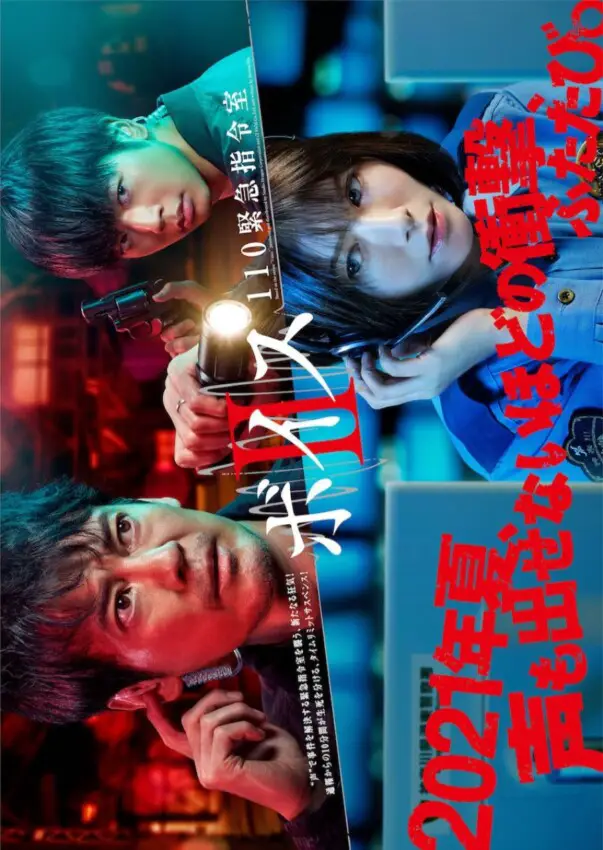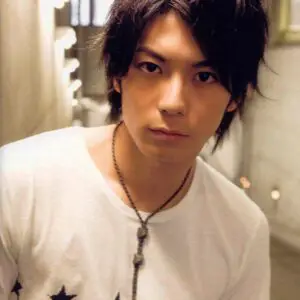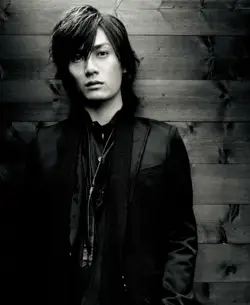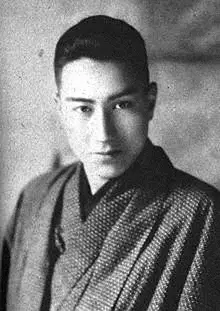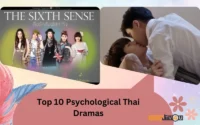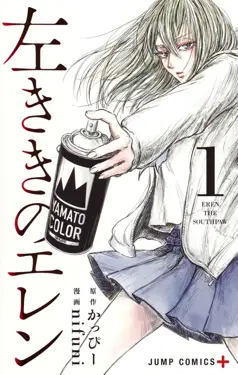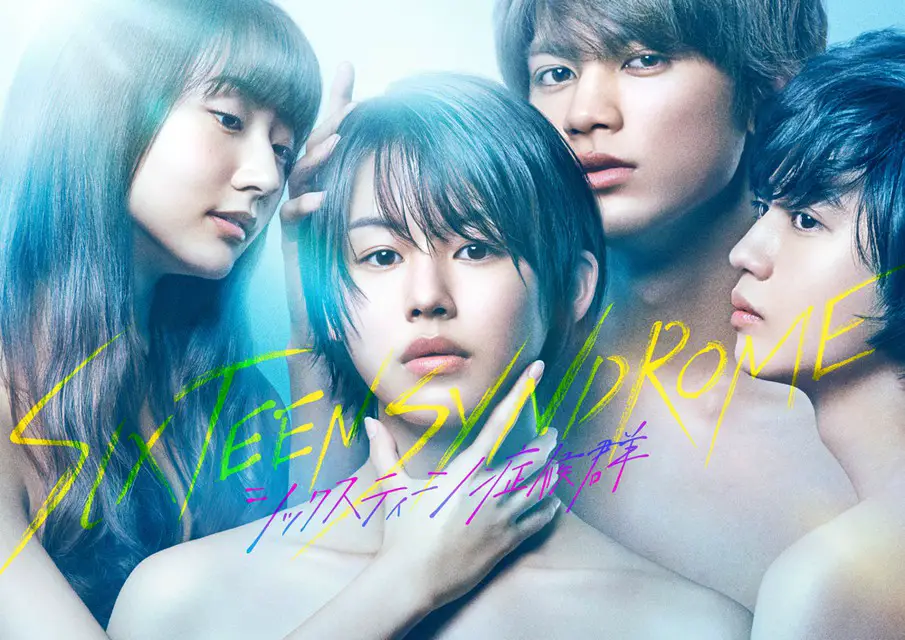
Drama Digest
Sixteen Shoukougou, adapted from the manga Sixteen Syndrome by Konatsu, focuses on the lives of four teenagers, Azuma Ibuki, Otazawa Mei, Asada Mutsumi, and Sakurai Nao, who are coping with their individual traumatic experiences and learning the value of friendship.
Tomboy Ibuki and painfully shy Mei are best friends in a bubble of their own. Mei is extremely withdrawn she finds it difficult to partake in ordinary interactions with her classmates, and Ibuki acts as her savior in most situations, and their dynamic results in them keeping away from the rest of the class, solely paying attention to each other’s needs. Things change when Mutsumi, their classmate who is the stereotypical jock who values girls only for the chase, enters the scene. Mutsumi, at first, sets his eyes on the introverted Mei and then moves on to Ibuki.
There is also Nao, who is bullied but refuses to take a stand because he lives in careful denial.
Watch this series to find out how these four teenagers’ lives intertwine and they come of age.
The Feel-Good Part
This series is not the typical high school drama that solely focuses on the budding romance between teenagers. It deals with much heavier issues and gives all the main characters three-dimensional personalities that seem relatable to anyone struggling with growing up. An interesting feature in the series is the presence of self-reflective videos filmed in portrait mode, giving it the appearance of a video recorded on a phone, where the characters are alone and reflect on their thoughts and feelings. This format makes the viewer feel all the closer to the characters, to the extent that one feels like they are snooping on them.
There is something extremely human and earnest about all these characters that it becomes incredibly easy to empathize with them. They are all well-rounded, struggling with their own lives. Mutsumi, who initially seems like a douche, has issues that run deep; Nao is oddly straightforward despite being in denial about him being bullied, Ibuki is brash and yet a source of comfort for the other three, and Mei, who struggles with social interaction, hyper-focuses on Ibuki to the point that her classmates mistake the duo for a couple. It was refreshing to see a show that treats its lead characters with so much compassion and does not reduce them into plot devices to forward the lead couple’s budding romance.
The Disappointing Factor
There are very few drawbacks to this series. One of them is the casting of Itagaki Mizuki as the 16-year-old Mutsumi is not convincing. He delivers a compelling performance, but he does not look like a middle-school student. There is also the logical fallacy of the lack of prominent adult figures in this series. There are scenes where the characters go through the roughest patches of their lives, and no adult shows up. However, this is understandable as this series shows us the microcosm of the lives of these teenagers.
In-Depth Analysis
Sixteen Shoukougun is a beautiful show. From showing a tomboyish female lead that is comfortable in her own skin to the troubled teenage male lead that acts out because of his messy familial relationships and trauma, this series is like a breath of fresh air. It never once relies on reductive tropes and carries its intensity with grace. Marketed primarily towards teenagers who are coping with the pains of growing up too fast, this series is a delicate portrait of today’s youngsters and their struggles.
Star Power
This cast is a bunch of strong performers, and Takeuchi Aisa and Takeda Rena depict the uncanny dynamic between Ibuki and Mei with ease. Goto Yutaro is beautiful and delivers a measured performance that leaves you enthralled.
Overall Opinion
A near-perfect illustration of how excruciating and yet wonderful coming of age can be, this series is a beautiful watch.


